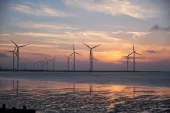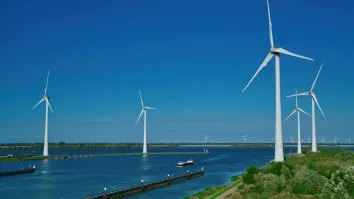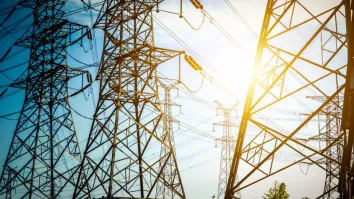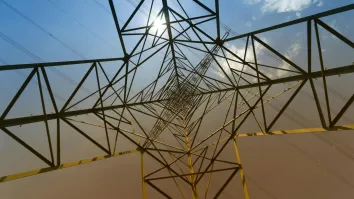Asia has 92% dependence on fossil fuels: report
It's a fossil fuel world.
Asia stands out as having a 92% dependence on fossil fuels, a much higher than average dependence on coal and a relatively low relative usage of gas, based on a report on Asia's energy.
According to a report from Macquarie Research, ‘fossil fuels’ means oil, gas and coal – of which there are large but finite amounts available.
Fossil fuels are utterly dominant in the global energy supply mix, being responsible for 87% of all primary energy consumed, the report said.
For its report, Macquarie Research noted that when it talks of ‘energy’ it is referring to primary energy, which it says is energy that must be easily usable.
It boils down to two groups; 1) the fossil fuels oil, gas and coal, all of which can be burnt directly for heat and cooking or easily converted into electricity and, 2) uranium, water (i.e. hydro) and renewables (wind, solar, biomass, geothermal) which all require major efforts to convert them into a usable form, i.e. electricity.
Here's more from Macquarie Research:
The world is roughly balanced in its dependence on oil, gas and coal – each account for ~25-33% of global primary energy consumption.
The remainder is where hydro, nuclear and renewable come in – collectively for a mere 13% of global primary energy supply.
The fact that most of the world’s major potential hydro sites are already built upon, and that some major users of nuclear power are reducing their nuclear generation capacity doesn’t suggest the fossil fuel dependence will fall materially any time soon.
The US and Europe have reduced their dependence on coal to below 20% over the last few decades on the back of environmental concerns.



















 Advertise
Advertise







